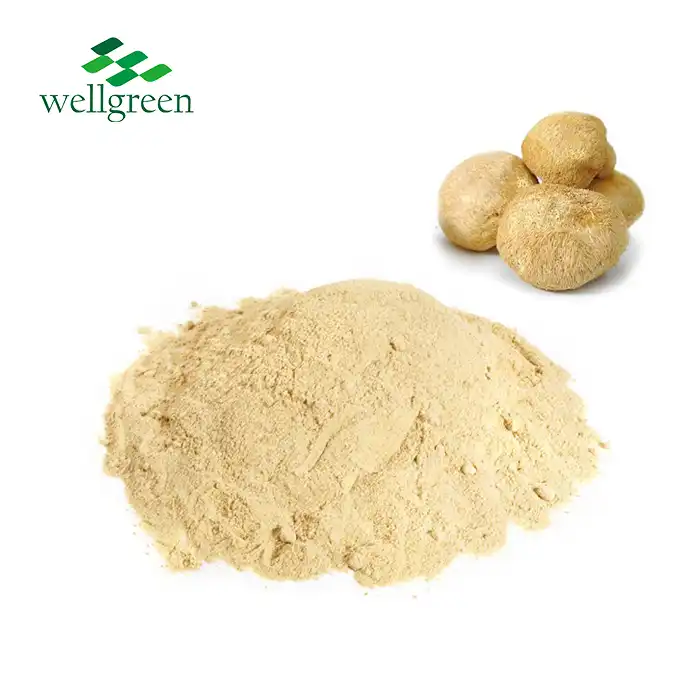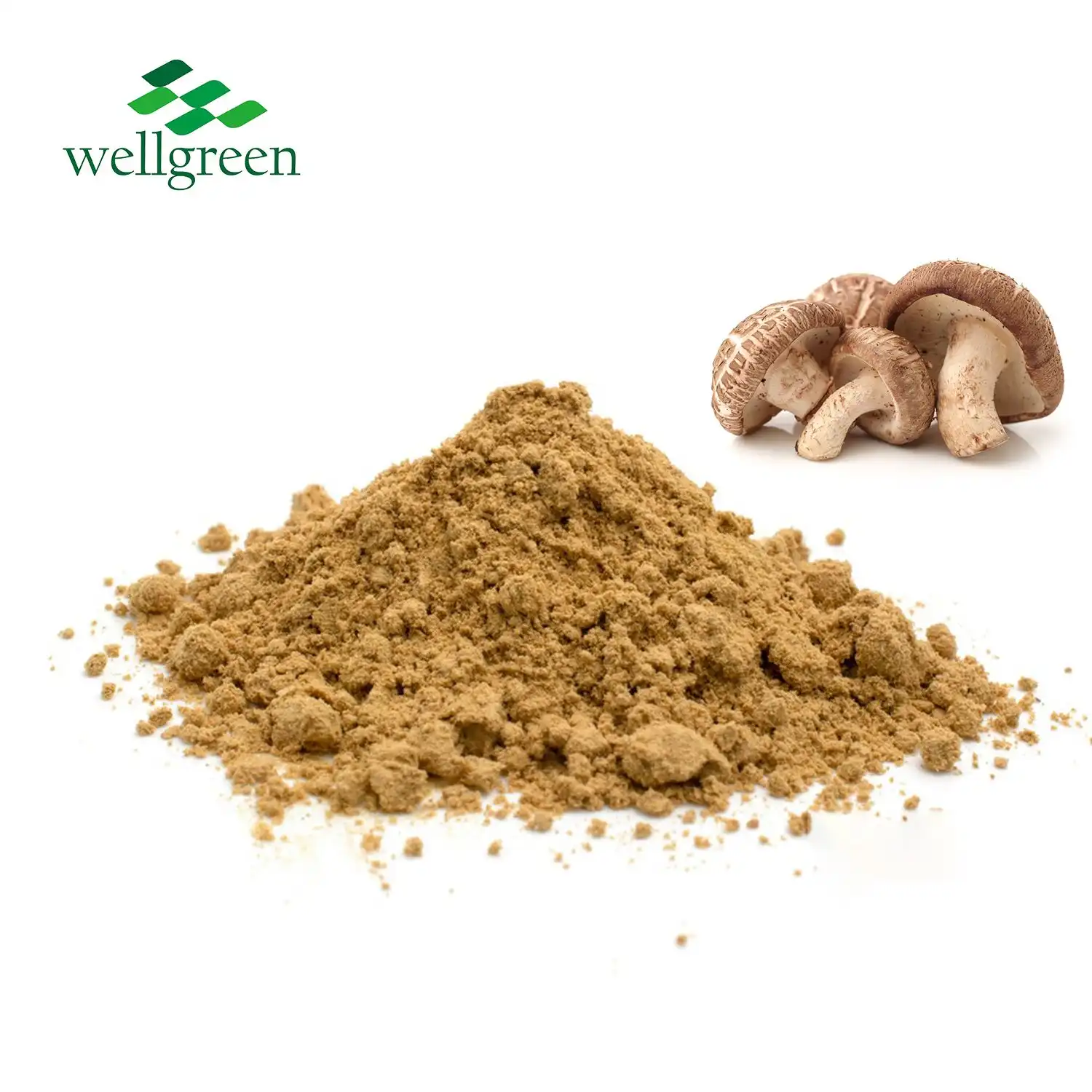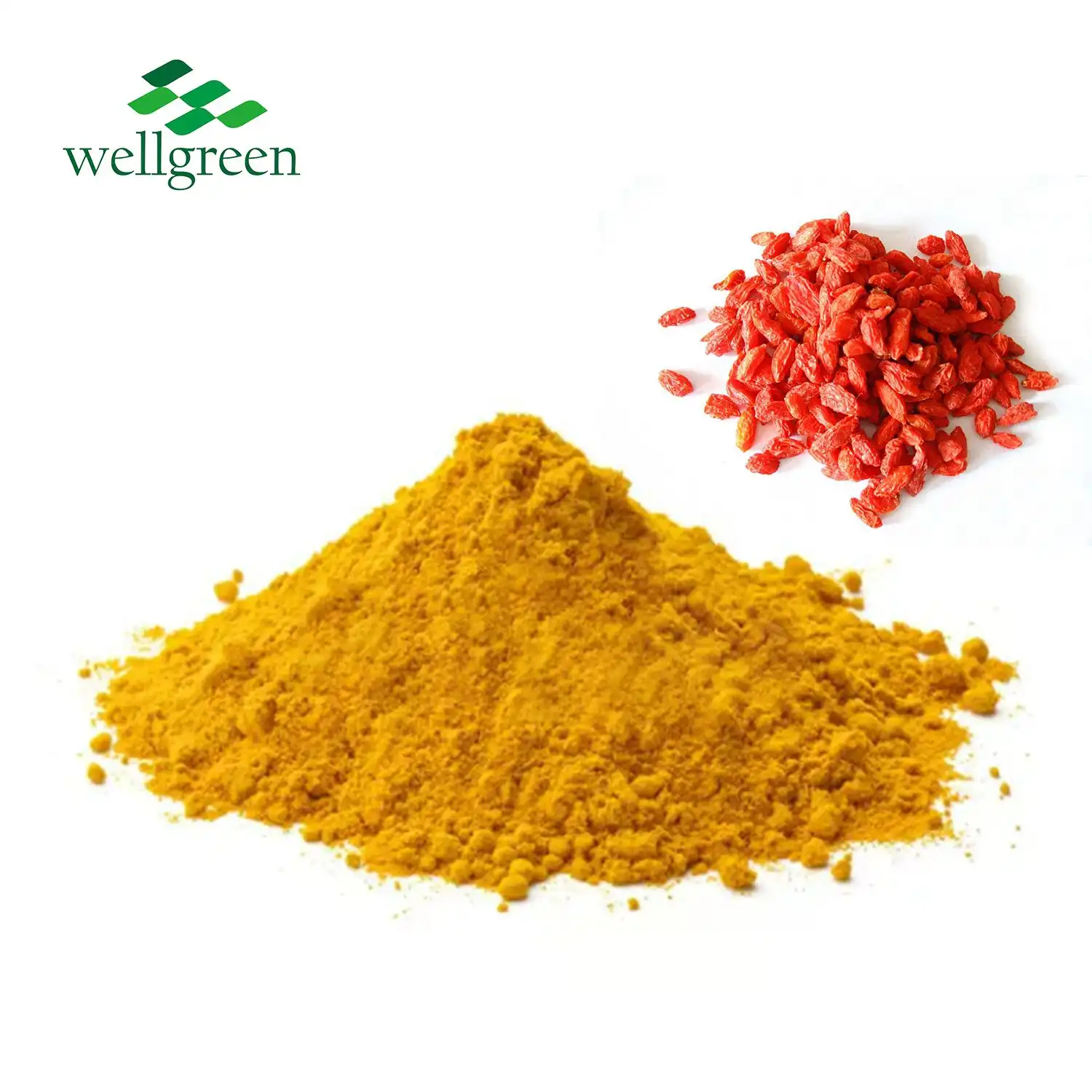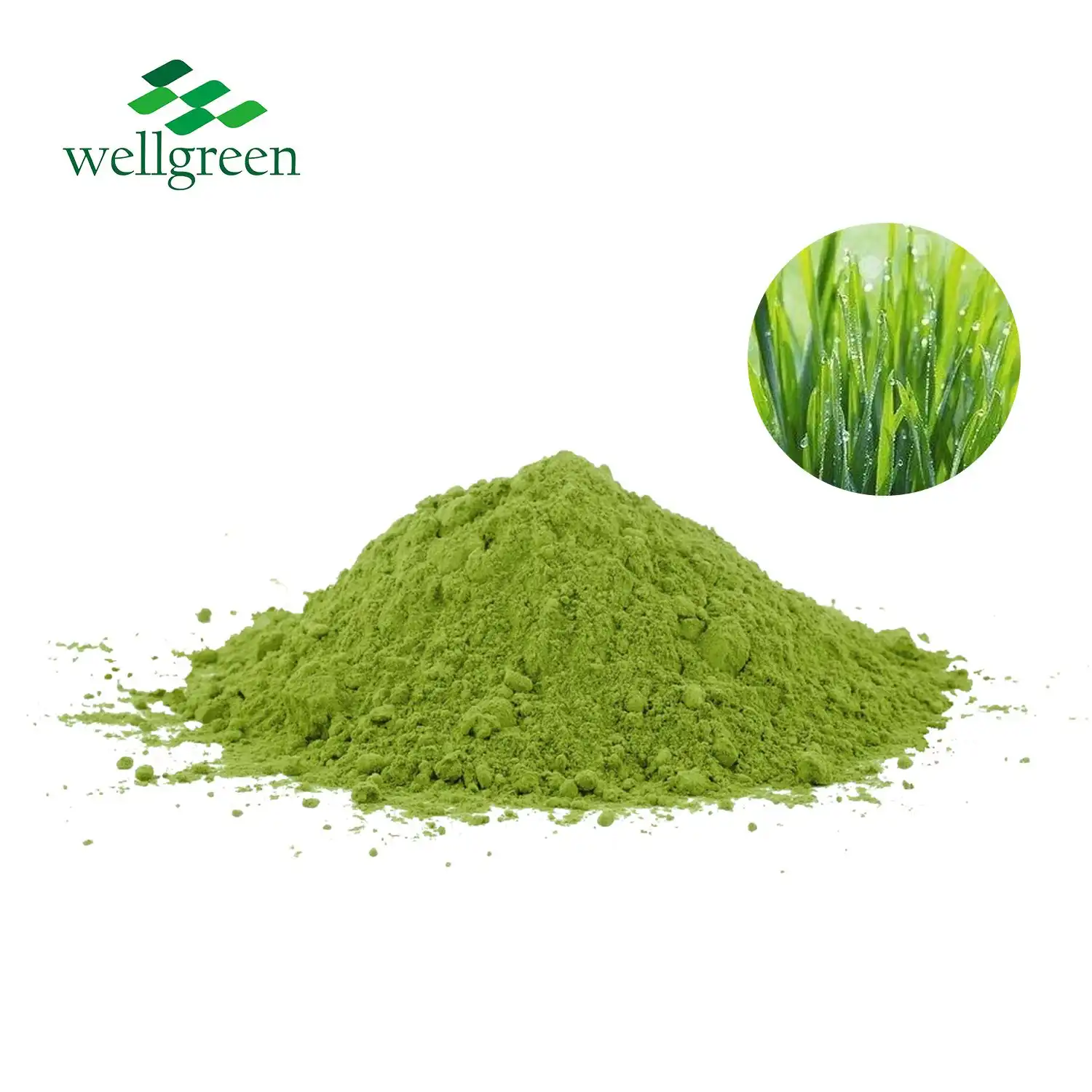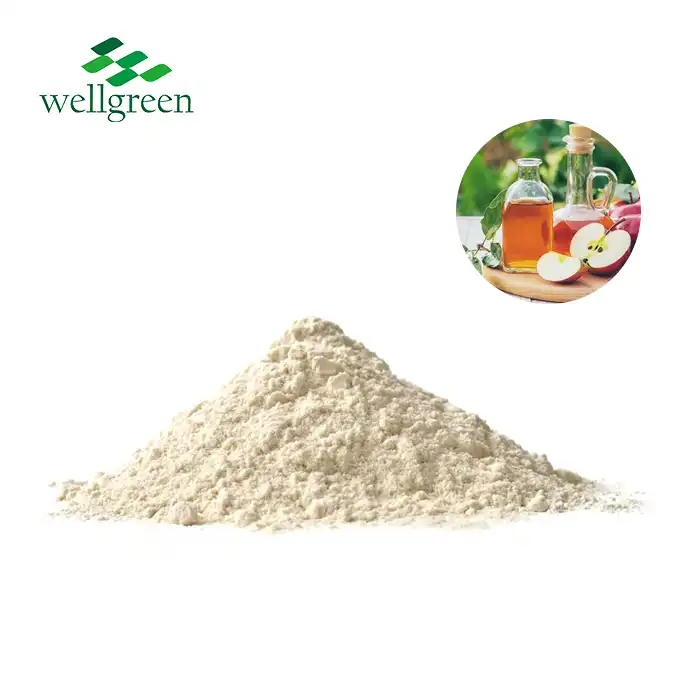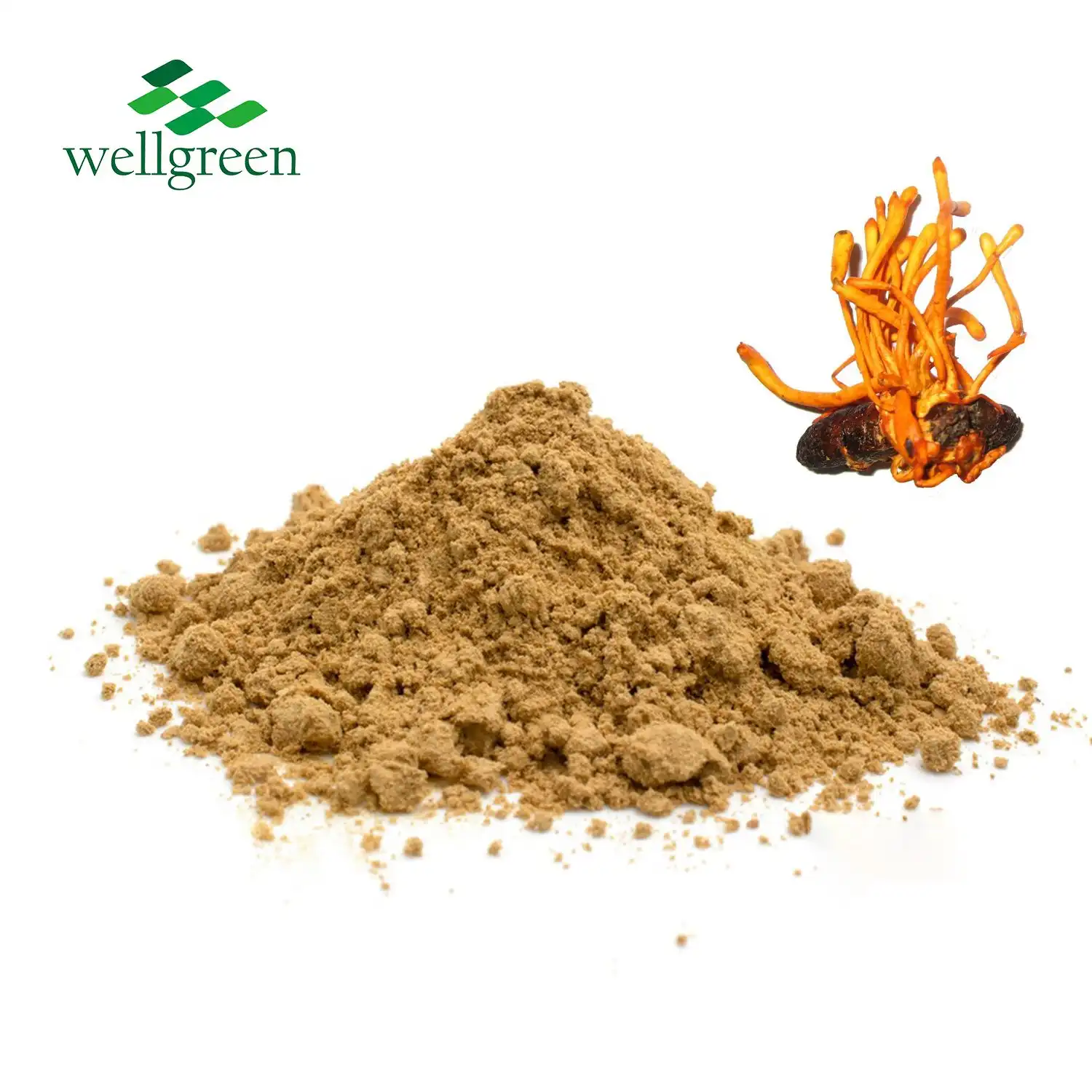What is Beet Root Powder Good For?
2025-07-07 13:38:33
Beet root powder is a versatile and nutrient-dense supplement derived from dried and ground beetroots. This vibrant red powder is packed with essential vitamins, minerals, and antioxidants that offer numerous health benefits. From supporting cardiovascular health and enhancing athletic performance to boosting cognitive function and detoxification, beet root powder has gained popularity among health enthusiasts and athletes alike. Its rich nitrate content promotes improved blood flow and oxygen delivery throughout the body, while its betalains provide powerful anti-inflammatory and antioxidant properties. Whether added to smoothies, baked goods, or taken as a supplement, beet root powder is a convenient way to harness the nutritional power of beetroots in a concentrated form.

Nutritional Composition and Functional Properties
Macro and Micronutrient Profile
Beet root powder boasts an impressive nutritional profile, making it a valuable addition to any diet. It contains a variety of essential vitamins and minerals, including folate, manganese, potassium, and vitamin C. The powder is also rich in dietary fiber, which supports digestive health and promotes feelings of fullness. Additionally, beet root powder is low in calories and fat, making it an excellent option for those looking to maintain a healthy weight while still reaping nutritional benefits.
Bioactive Compounds
One of the most notable aspects of beet root powder is its high concentration of bioactive compounds. Betalains, the pigments responsible for the vibrant red color of beets, are powerful antioxidants that help protect cells from oxidative stress and inflammation. Nitrates, another key component of beet root powder, play a crucial role in cardiovascular health by promoting vasodilation and improving blood flow. The powder also contains polyphenols and flavonoids, which contribute to its overall antioxidant capacity and potential health benefits.
Phytonutrient Content
Beet root powder is a rich source of phytonutrients, plant-based compounds that offer various health-promoting properties. These include betaine, which supports liver function and cellular hydration, and saponins, which have been shown to have cholesterol-lowering effects. The unique combination of phytonutrients in beet root powder contributes to its potential anti-inflammatory, anti-cancer, and immune-boosting properties, making it a powerful ally in maintaining overall health and wellness.
How does Beet Root Powder Support Overall Wellness?
Cardiovascular Health Benefits
The high nitrate content in beet root powder has been shown to have significant cardiovascular benefits. When consumed, nitrates are converted to nitric oxide in the body, which helps relax blood vessels and improve blood flow. This can lead to reduced blood pressure and improved overall cardiovascular function. Regular consumption of beet root powder may help lower the risk of heart disease and stroke by supporting healthy blood pressure levels and enhancing circulation throughout the body.
Athletic Performance Enhancement
Athletes and fitness enthusiasts have embraced beet root juice powder for its potential to enhance athletic performance. The nitrates in beet root powder can improve oxygen utilization during exercise, leading to increased endurance and improved exercise tolerance. Studies have shown that consuming beet root powder before workouts can help delay the onset of fatigue, allowing for longer and more intense training sessions. This makes beet root powder a popular choice among endurance athletes, such as runners and cyclists, looking to optimize their performance naturally.
Cognitive Function and Brain Health
Emerging research suggests that beet root powder may have positive effects on cognitive function and brain health. The nitrates in beet root powder can increase blood flow to the brain, potentially improving cognitive performance and reducing the risk of age-related cognitive decline. Additionally, the high antioxidant content of beet root powder may help protect brain cells from oxidative stress and inflammation, which are associated with neurodegenerative diseases. While more research is needed, incorporating beet root powder into one's diet may contribute to long-term brain health and cognitive vitality.

Common Applications in Food, Health, and Supplements
Culinary Uses and Recipe Ideas
Beet root powder's versatility extends to the culinary world, where it can be used to add color, flavor, and nutrition to various dishes. It can be easily incorporated into smoothies, juices, and protein shakes for a nutrient boost. In baking, beet root powder can be used as a natural food coloring agent, adding a vibrant hue to cakes, cookies, and other treats. It can also be mixed into sauces, dressings, and marinades to enhance both flavor and nutritional value. Some creative applications include using beet root powder in homemade energy bars, as a seasoning for roasted vegetables, or as a colorful addition to homemade pasta dough.
Supplement Forms and Dosage Recommendations
Beet root powder is available in various supplement forms to cater to different preferences and needs. The most common form is pure beet root powder, which can be mixed with water or added to foods. Capsules and tablets offer a convenient option for those who prefer a standardized dose without the need for preparation. Beet root juice powder, a more concentrated form, is also available and can be reconstituted with water. When it comes to dosage, recommendations can vary depending on the intended use and individual needs. Generally, 1-2 teaspoons of beet root powder daily is considered a typical serving for general health benefits. However, athletes or those using beet root powder for specific health concerns may require higher doses. It's always best to consult with a healthcare professional or follow the manufacturer's recommendations when starting any new supplement regimen.
Potential Interactions and Precautions
While beet root powder is generally considered safe for most people, there are some potential interactions and precautions to be aware of. The high nitrate content may interact with certain medications, particularly those used to treat high blood pressure or erectile dysfunction. Individuals with a history of kidney stones should use caution, as beets are high in oxalates, which can contribute to stone formation. Some people may experience temporary side effects such as pink urine or stools, which is harmless but can be alarming if unexpected. Those with low blood pressure should monitor their response to beet root powder, as its blood pressure-lowering effects could potentially cause dizziness or lightheadedness. As with any supplement, it's crucial to consult with a healthcare provider before incorporating beet root powder into your routine, especially if you have existing health conditions or are taking medications.
Conclusion
Beet root powder stands out as a nutrient-dense superfood with a wide array of health benefits. Its rich composition of vitamins, minerals, and bioactive compounds contributes to improved cardiovascular health, enhanced athletic performance, and potential cognitive benefits. From its versatile culinary applications to its various supplement forms, beet root powder offers a convenient and effective way to boost overall wellness. As research continues to uncover its potential, beet root powder remains a promising natural supplement for those looking to optimize their health and vitality.
Contact Us
Ready to experience the benefits of high-quality beet root powder? Contact Xi'an Wellgreen Biological Technology Co., Ltd. at wgt@allwellcn.com for more information on our premium beet root powder products and how they can support your health and wellness goals.
References
1. Clifford, T., Howatson, G., West, D. J., & Stevenson, E. J. (2015). The potential benefits of red beetroot supplementation in health and disease. Nutrients, 7(4), 2801-2822.
2. Jones, A. M. (2014). Dietary nitrate supplementation and exercise performance. Sports Medicine, 44(1), 35-45.
3. Presley, T. D., Morgan, A. R., Bechtold, E., Clodfelter, W., Dove, R. W., Jennings, J. M., ... & Miller, G. D. (2011). Acute effect of a high nitrate diet on brain perfusion in older adults. Nitric Oxide, 24(1), 34-42.
4. Kapil, V., Khambata, R. S., Robertson, A., Caulfield, M. J., & Ahluwalia, A. (2015). Dietary nitrate provides sustained blood pressure lowering in hypertensive patients: a randomized, phase 2, double-blind, placebo-controlled study. Hypertension, 65(2), 320-327.
5. Wruss, J., Waldenberger, G., Huemer, S., Uygun, P., Lanzerstorfer, P., Müller, U., ... & Weghuber, J. (2015). Compositional characteristics of commercial beetroot products and beetroot juice prepared from seven beetroot varieties grown in Upper Austria. Journal of Food Composition and Analysis, 42, 46-55.
6. Domínguez, R., Cuenca, E., Maté-Muñoz, J. L., García-Fernández, P., Serra-Paya, N., Estevan, M. C., ... & Garnacho-Castaño, M. V. (2017). Effects of beetroot juice supplementation on cardiorespiratory endurance in athletes. A systematic review. Nutrients, 9(1), 43.

